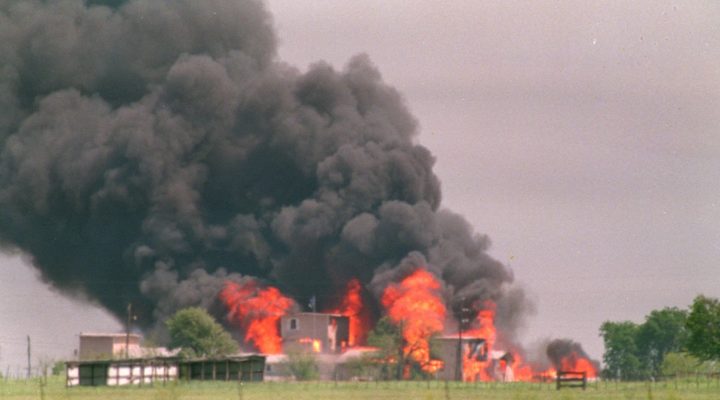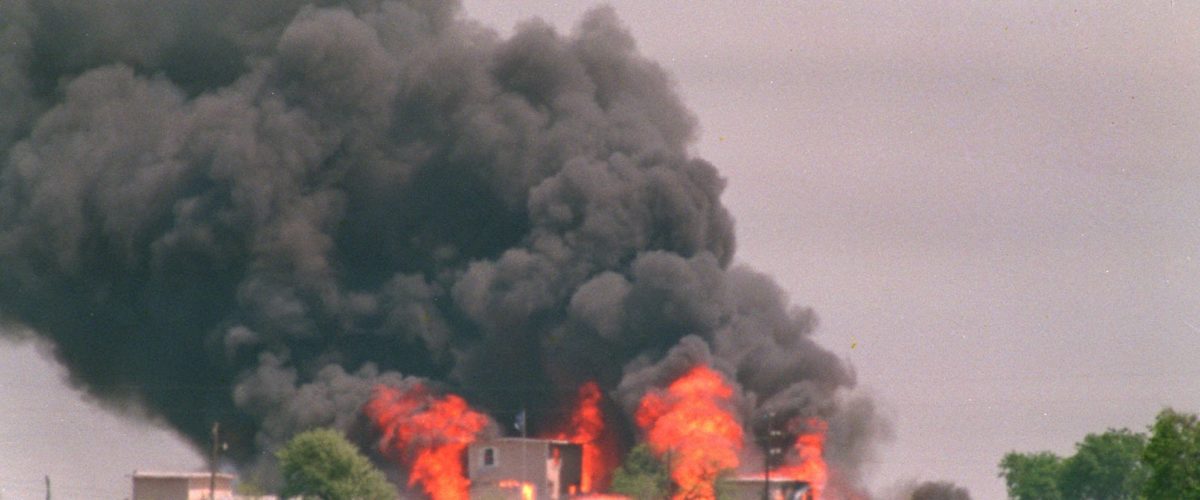Ken Massey remembers exactly where he had lunch 25 years ago April 19, including what direction he was facing inside the restaurant in downtown Waco, Texas.
“I was at Buzzard Billy’s. I was at a table where I could see to the southeast,” said Massey, then pastor at Calvary Baptist Church in that central Texas city.
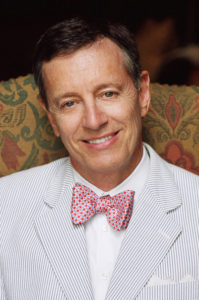
Ken Massey
At that moment, about 10 miles southeast of Waco, the Branch Davidian compound was burning to the ground with David Koresh and 75 of his followers inside.
Back in town, Massey and other patrons of Buzzard Billy’s knew something was happening.
“I saw black smoke rising,” he said. “Then one of the TVs came on with live coverage of the compound.”
Seeing the smoke with his own eyes and the closeups on television, Massey said, “was surreal.”
That’s the same word many who lived and worked in and around Waco at the time use to describe the events of April 19, 1993, and the preceding 51-day federal and state law enforcement siege of the apocalyptic cult’s facility.
For those who viewed the episode through the lens of faith, Koresh, his followers and their fate evoke feelings of astonishment, confusion and sadness. Some even wonder if local churches might have done more to prevent the slaughter — especially of the nearly 20 children age 10 or younger.
‘It didn’t make sense’
Before the Feb. 28, 1993, raid in which six Branch Davidians and four federal agents died, Waco, about 100 miles south of Dallas, wasn’t widely known outside of Texas. That changed when national and international media flooded into town during the siege. They were accompanied by all manner of spectators, End Timers and Big Brother conspiracy theorists. Hotels, restaurants and roads were crowded.
Churches were often inundated, as well. One that drew a good deal of interest was the then-fledgling Church Under the Bridge.
Its pastor, Jimmy Dorrell, theorized that journalists and other visitors may have assumed Christians worshiping under a freeway overpass had something in common with the Branch Davidian cult.
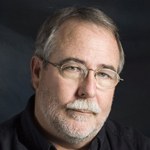
Jimmy Dorrell (Photo/Mission Waco)
“One guy in particular — I’ll call him Willie — came from California on a bus to sing David Koresh a song,” Dorrell said.
At the time, the congregation consisted mostly of a handful of people without homes. Willie, wearing an all-white suit and toting a battery powered keyboard, begged to perform his song during worship.
“I thought, oh, what the heck,” Dorrell said. “He sang his song. It didn’t make sense.”
Other visitors included three men in white robes preaching eschatological warnings. They were eventually arrested at a nearby church for calling the congregation “the whore of Babylon,” he said.
Dorrell was interviewed by one of the national morning television talk shows after the April 19 conflagration. Mainly interviewers wondered if he believed conspiracy rumors that Koresh had escaped through underground tunnels.
“It was that kind of climate,” he said.
An End Times environment
But Waco was no stranger to sects that espoused apocalyptic theologies, said Dan Bagby, professor emeritus of pastoral care at Baptist Theological Seminary at Richmond (Va.).
Bagby was pastor at Seventh and James Baptist Church from 1979 to 1994, and a student at Baylor University in the late 1950s and early 1960s. It wasn’t unusual to hear of fringe groups outside the city, he said, and even to encounter one now and then.
“I remember one selling their furniture because they thought the Lord Christ was coming in the next couple of months,” he said.
Those encounters were frequent enough over the years that “people took it with a grain of salt,” he added.
But all that changed during the siege at the Branch Davidian’s 77-acre Mount Carmel Center.
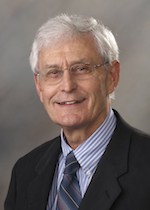
Dan Bagby
During that time, the ministerial alliance in Waco, which Bagby headed, was trying to discern actions it could take to help resolve or at least lessen tensions between authorities and Koresh — who had historically ignored invitations to interact with the alliance.
“There was some deep anxiety in town and among our members that the standoff could spark wider violence,” Bagby said.
Government officials declined offers from members of the alliance to help mediate. So they did what they could by organizing ecumenical prayer and worship meetings. Then-Gov. Ann Richards asked them to hold a service of care and reconciliation and they agreed. Another service was held after the siege ended, Bagby said.
Since then he’s wondered if the alliance could have been more persistent in efforts to mediate.
“The government said ‘thank you, this is a government matter,’” he said. “To some degree I agree because Koresh was not connected with any congregation and I’m not sure we would have been trusted very much.”
‘It was happening in another world’
People of faith were taking other actions, many of them behind the scenes, to do more, said Ken Camp, managing editor of the Baptist Standard, a Baptist news organization in Dallas.
In 1993, Camp worked in the communications office of the Baptist General Convention of Texas. He was sent to Waco partially to help the newspaper but also to assist an inundated public affairs office at what was then Hillcrest Baptist Medical Center, where some of the wounded federal agents had been taken after the February shootout.
Baptist agencies and churches were making arrangements to care for children freed from the compound — had Koresh allowed them to leave — as well as to provide cribs, communications and welfare services, Camp said.

Ken Camp
“They were trying to put together a safety net for these children,” Camp said. “Unfortunately, most of them were not allowed to benefit from that.”
The conclusion of the siege created conflicting emotions.
“On the one hand, there was a sense of relief once it was all over,” Camp said. “But the way it ended was so tragic. There is such sorrow to think of the lives lost and how senseless it was.”
Massey, today the intentional interim pastor at First Christian Church in Winston-Salem, N.C., said he sees similar tragedies continue.
“The authorities thought the best way to engage [Koresh] was to storm the compound, which I think is a theme of policing today,” he said. “Force is the first response instead of something you resort to when you can’t get what you need.”
It backfired near Waco and it usually backfires today, he added.
But for Massey, being in Waco and seeing the siege on television every day took those events to a different level.
“It felt like it was happening in another world.”

